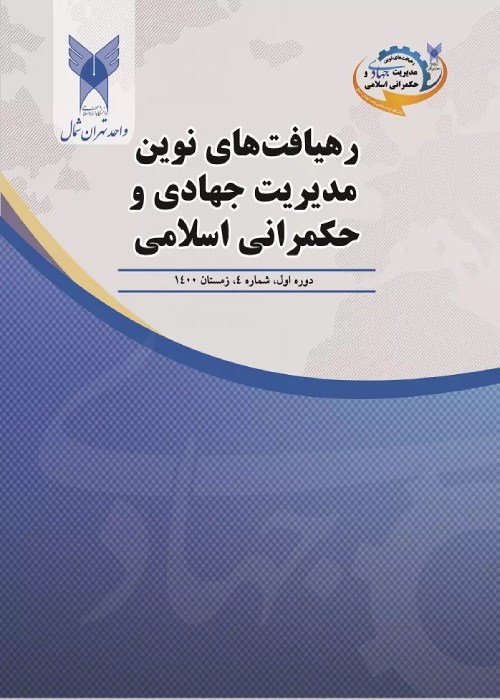Investigating the effect of Islamic leadership principles on employee commitment (Study: Isfahan Islamic Azad University (Khorasgan))
The purpose of this research is to determine the effect of Islamic leadership principles on employee commitment. The current research is applied in terms of its purpose and descriptive in terms of correlational data collection. The statistical population of the present study was made up of all the employees working in (case of study: Isfahan Islamic Azad University (Khorasgan) branch) in the number of 660 people, through the Cochran sampling formula, the number of 244 people as a sample through the stratified sampling method proportional to the volume were chosen. The research tool was the standard Islamic leadership questionnaire by Khaliq and Ugansola (2011), and the standard organizational commitment questionnaire by Mayer and Allen (1990). On the other hand, the reliability of the questionnaires was estimated by Cronbach's alpha method as 0.77 and 0.88, respectively, and data analysis was done at an inferential level, including structural equation modeling. The research results showed that the direct effect of honesty on employee commitment The coefficient of this effect is 0.65 significant, and trust on the commitment of employees is significant, the coefficient of this effect is 0.77, and also justice is significant, the coefficient of this effect is 0.66.
- حق عضویت دریافتی صرف حمایت از نشریات عضو و نگهداری، تکمیل و توسعه مگیران میشود.
- پرداخت حق اشتراک و دانلود مقالات اجازه بازنشر آن در سایر رسانههای چاپی و دیجیتال را به کاربر نمیدهد.




